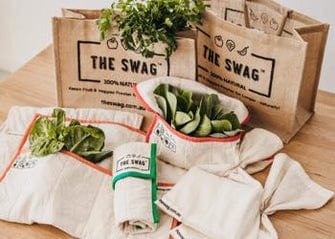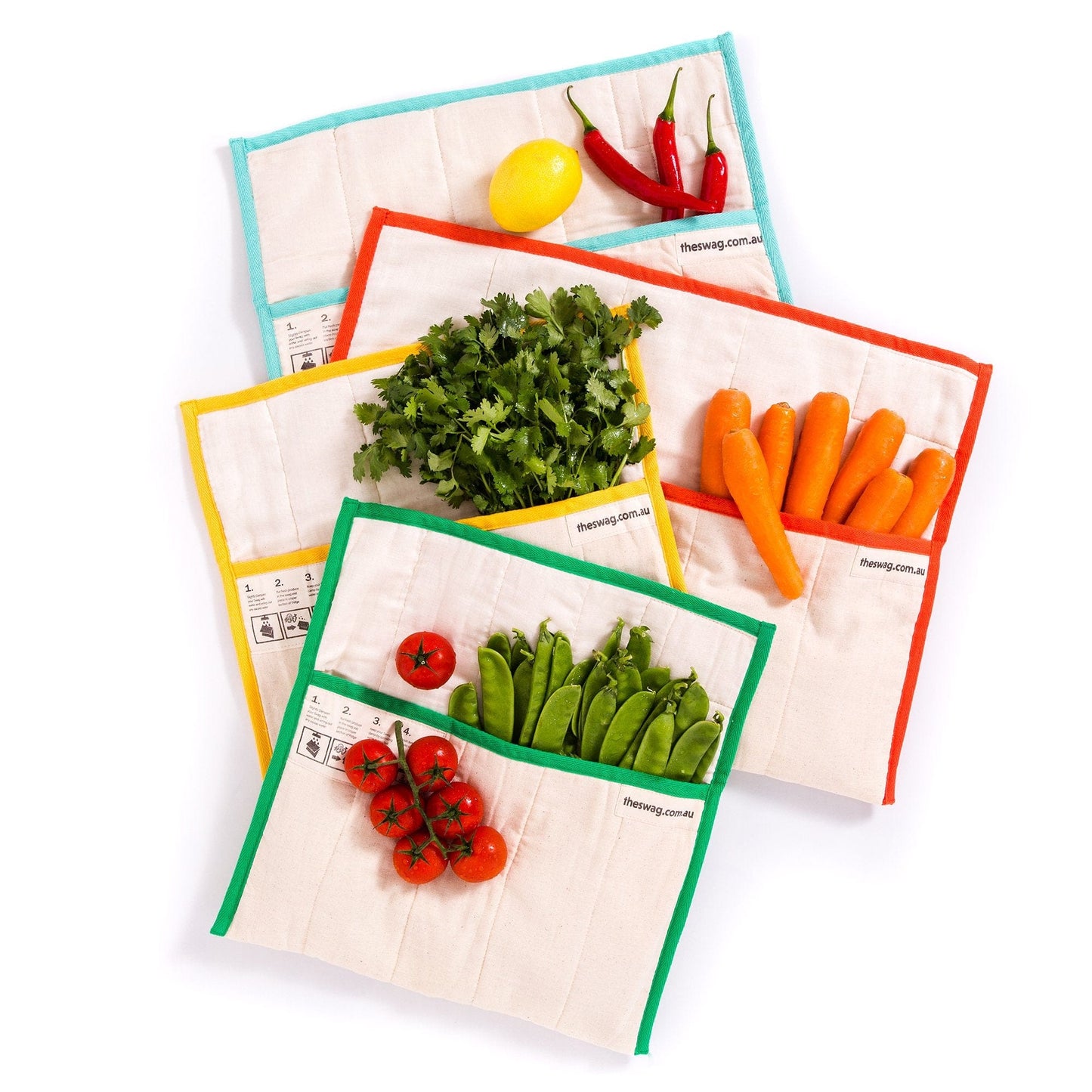A 2019 food waste report found that most Australians don’t have a regular food budget, and one in three of us don’t bother to track food costs at all. With single Australians spending an average of $300 per week on food and takeaways, a little attention to your food budget can lead to huge savings. Our 5 tips below will help you save money on food, starting today!
1. Plan ahead
Set a food budget. Having an idea of how much you can spend on food each week will make the rest of this list easier.
With your budget in mind, check which items are on special at your favourite supermarket. Steer clear of high-end grocery chains and brands, and stick to your local shops and markets to keep costs down.
Once you have an idea of what foods are on special, come up with a meal plan for the week. This will minimise impulse purchases, avoid stopping for takeaways after work because you don’t know what’s in the fridge, and reduce the need to throw away food that’s gone bad because you haven’t used it. Australia-wide, discarded food has been estimated to cost $10 billion a year!
If you don’t already, try to plan a meat-free meal every now and then. Meat is one of the most expensive trolley items and cutting back can make your budget stretch further.
2. Stay focused at the supermarket
Do you need three cans of beans because they are “3 for $6”? Check the per item price and you might be surprised to see they are just $2 each anyway. Supermarkets often stock the more expensive items at eye level, so look around – up and down – you might find that there are cheaper alternatives than what you see at first glance.
Think of pre-packaged meals as non-essential. You’re paying a premium for someone to wash your lettuce and cut your vegetables when you can easily do this at home. And don’t feel embarrassed to whip out your phone and calculate spend as you go – it’s a simple way to avoid non-essential purchases and stick to your budget.
Bonus supermarket tip: Keep an eye out for what time of day your local shop marks food down. Buying from the reduced-to-clear section is a great way to save money and often the ingredients are good for a few more days or can be frozen.
3. Shop supermarket alternatives
Farmers markets are a great way to support your local economy and buy in-season food. If you’re intending to cook with exotic spices and other ingredients, check out an international food market. Asian food markets, for example, often have relatively cheap spices and other ingredients such as tofu.
4. Prepare food in advance
Cook a chicken at the beginning of the week and incorporate it into your meal plan. Save the carcass to make soup too. Using a bigger cut of meat such as a whole chicken can be cheaper than buying breasts, thighs and stock separately.
Each time you make a meal, cook a little extra so you can take leftovers for lunch or freeze for another meal later too. Just make sure you store them properly to maintain freshness – more on that below.
If you often find yourself in a rush to make dinner after work, think about what foods you can prepare the night before. For example, you could chop some vegetables to throw into a salad with that chicken you cooked earlier.
And, if you’re heading out for drinks or dinner, have a snack before you go. That way you’ll be less inclined to order a full meal or nibbles at restaurant prices.
5. Store your food properly to get the most out of it
Did you know certain fruits such as apples emit ethylene gas that causes other fruit and vegetables to ripen faster? This can be great to quickly ripen an avocado, for example, but might also be the reason your bananas go brown faster than you can eat them.
If you buy a lot of fruit and veggies, research the ideal storage environments for each and consider a rotational system to move them from the fruit bowl to the fridge so you can avoid unnecessary food waste.
The Swag is a great product to help you save money on food as it keeps fruit and veggies fresh for up to two weeks. Just one Swag can hold multiple items in your fridge or cupboard, and they are perfect for storing fresh fruit, vegetables, herbs, small items like grapes and loose-leaf spinach, and even bread.



